What Your Mechanic Wishes You Knew About Auto Repair Services
This introduction will provide insight into the complex world of auto repair services and highlight common misconceptions that vehicle owners often have. Understanding these nuances can lead to more efficient, cost-effective, and smoother experiences when dealing with car maintenance and repairs.
1.1. Understanding the Importance of Regular Maintenance
Regular maintenance is crucial for ensuring the longevity and efficiency of your vehicle. Without routine check-ups, minor issues can escalate into significant problems, leading to costly repairs. Mechanics often emphasize preventive maintenance as it helps in identifying issues before they become severe. Scheduled maintenance also ensures that the vehicle runs smoothly, thus reducing the likelihood of unexpected breakdowns. Furthermore, a well-maintained car retains its value better over time and benefits greatly from professional auto repair services.
Failing to adhere to a maintenance schedule can leave car owners stranded or faced with substantial repairs. By conducting regular maintenance, you avoid such inconveniences and ensure safety on the road. These costs can be minimized through systematic checks, the support of quality auto repair services, and anticipating necessary repairs. Thus, regular maintenance should never be overlooked.
Adopting a proactive approach is more effective in vehicle care. This involves understanding the owner's manual, which contains invaluable information on maintenance needs. Knowing when to change oil, filters, and other fluids forms the basis of preventive measures. Remember that a neglected car may lead to more than just higher repair costs; compromised vehicle safety is a primary concern. Discussing maintenance routines with a trusted mechanic or reliable auto repair services can set a path for trouble-free driving experiences.
1.2. Recognizing Warning Signs Early
Being able to distinguish warning signs early can save time, money, and prevent accidents. Unusual noises, changes in handling, or unexpected dashboard lights can signal impending issues. Vehicle owners often underestimate these signs, dismissing them as minor inconveniences until they turn severe. Mechanics encourage immediate attention to these cues to avoid severe wear or catastrophic failures. Early detection, supported by expert auto repair services, also contributes to lower repair costs versus addressing the issue after a major breakdown.
Drivers must familiarize themselves with their vehicle's normal operating conditions to identify anomalies. A sudden drop in fuel efficiency, for example, might point to an engine issue needing immediate inspection. Fluids leaking or brakes that respond differently demand swift action. Rather than attributing noises or smells to aging vehicles, it's best to err on the side of caution. Simply put, the sooner a mechanic or professional auto repair services inspect the problem, the lesser the possibility of a costly repair bill.
Scheduled maintenance provides an opportunity to catch potential problems early. Regular service appointments should include inspecting belts, hoses, brakes, and other key components. With this consistent vigilance, potential issues are rectified before they evolve into costly repairs. Encouraging open dialogue with mechanics enhances understanding and interest in problem-solving, yielding better car health and reliability. Timely action is not only a cost-saving measure but also a crucial safety strategy.
1.3. Maintaining Essential Fluids and Their Functions
Essential fluids are the lifeline of a vehicle, directly affecting its performance and longevity. They include engine oil, transmission fluids, coolant, brake fluids, and power steering fluids. These fluids must be checked and replaced periodically to ensure the vehicle runs at its optimal level. For instance, engine oil’s primary role is to lubricate moving parts and prevent overheating. Without regular oil changes, engines are susceptible to wear and dysfunction, leading to significant repair bills.
Many car owners overlook the importance of these fluids or remain unsure about appropriate maintenance schedules. A lapse in fluid maintenance can manifest in overheating, decreased vehicle performance, or complete shutdowns. Mechanics advise checking fluid levels monthly and during every oil change to prevent such setbacks. Proper fluid management contributes to a vehicle’s safe and efficient operation.
Moreover, understanding fluid properties and their job in your vehicle enhances a proactive maintenance approach. For example, transmission fluid affects gear shifts, and when it degrades, issues with shifting may occur. Regular periodic checks by professionals ensure that all fluid-related components function optimally, thereby avoiding potential severe damages. Such practices not only extend the vehicle's lifespan but safeguard your investment by minimizing high-cost repairs. Always adhere to manufacturer recommendations regarding fluid maintenance for best results.
1.4. Prioritizing Tire Maintenance and Safety
Tires are a critical component of vehicle safety, influencing ride quality, handling, and fuel efficiency. Regular inspections involve checking tread depth, air pressure, balance, and alignment. Underinflated or overinflated tires can lead to improper handling and increased wear and tear. It's vital to inspect tires for any signs of damage, like bulges or cuts, which can result in blowouts or accidents if ignored. Mechanics stress the importance of rotating and balancing tires to preserve their lifespan and ensure driver safety.
Neglecting tire maintenance can lead to uneven wear, affecting fuel consumption and braking efficiency. Maintaining proper tire pressure improves fuel economy, as tires that roll smoothly require less energy. For instance, underperforming tires reduce traction, making it challenging to navigate safely, particularly in wet or icy conditions.
Beyond safety and cost-saving measures, proper tire maintenance also contributes to vehicle aesthetics and driving satisfaction. Clean, well-maintained tires enhance a car's appearance, while balanced tires provide a smooth driving experience. Aligning tires helps avoid unnecessary strain on suspension components, further reducing potential repairs. Mechanics recommend regular tire inspections and adopting a seasonal approach for switching between summer and winter tires, depending on climate needs. Prioritizing tire care not only ensures your safety but also stretches the dollars spent on automotive expenses.
1.5. Ensuring Battery Performance and Care
A reliable car starts with a dependable battery, making battery performance and care critical to vehicle functionality. Over time, car batteries can lose their ability to hold a charge, especially in extreme temperatures. Regular inspections and tests by a mechanic can monitor battery health and prevent unexpected failures. Cleaning battery terminals and ensuring a secure fit within the bracket prolong battery life. Should your car display symptoms like dimming headlights or slow engine crank, it's time for a professional evaluation.
Most battery issues arise from leaving lights on, frigid weather conditions, or short trips that prevent complete charging. Mechanic checks during scheduled maintenance can catch these factors early, preventing inconvenience and maintaining a car's reliability. Replacement costs and the inconvenience of a dead battery are additional reasons why professional attention is valuable. As with many car parts, caring for your battery can keep repair expenses lower than the $838 reported, according to Kelley Blue Book. Routine checks ensure your vehicle operates efficiently and starts without hesitation.
Investing time in understanding the basics of battery care pays off by avoiding unexpected costs and breakdowns. Battery selection, considering climate and driving habits, can help in choosing the appropriate type. Voltage checks and maintaining connection integrity are essential for preventing significant battery-related repairs. Being informed about when to replace a battery nationally allows you to prevent vehicle inoperability. Mechanics are valuable assets in keeping your battery performing at its peak, contributing to the overall sense of vehicle reliability and operational efficiency.
Understanding the basics of auto repair services empowers vehicle owners to make informed decisions, save money, and stay safe on the road. From regular maintenance and early problem detection to tire care, battery health, and fluid management, these practices ensure a smoother, more reliable driving experience. For expert advice, professional service, and peace of mind, contact Almanzar Auto Clinic today and let our team help keep your car running at its best.
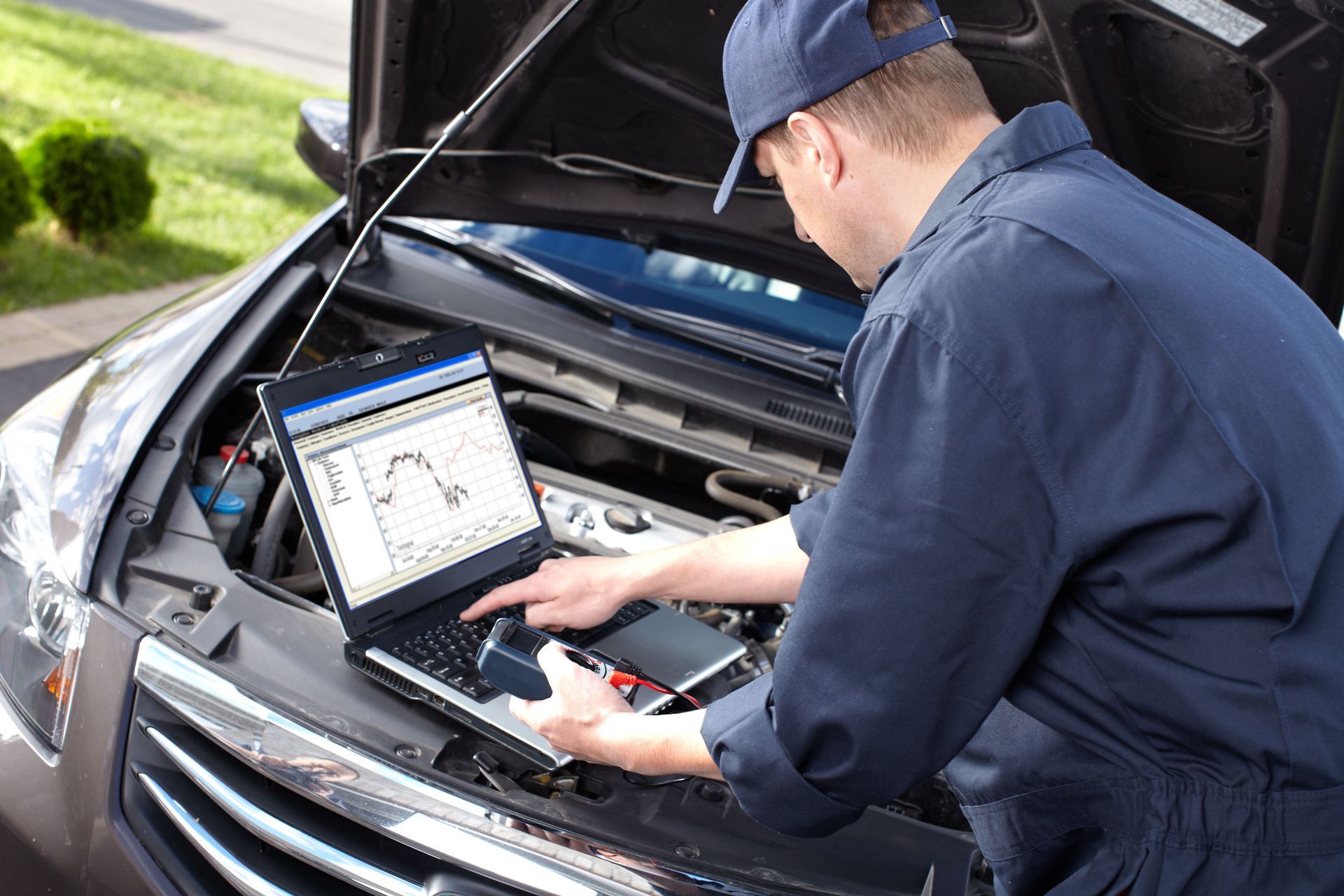

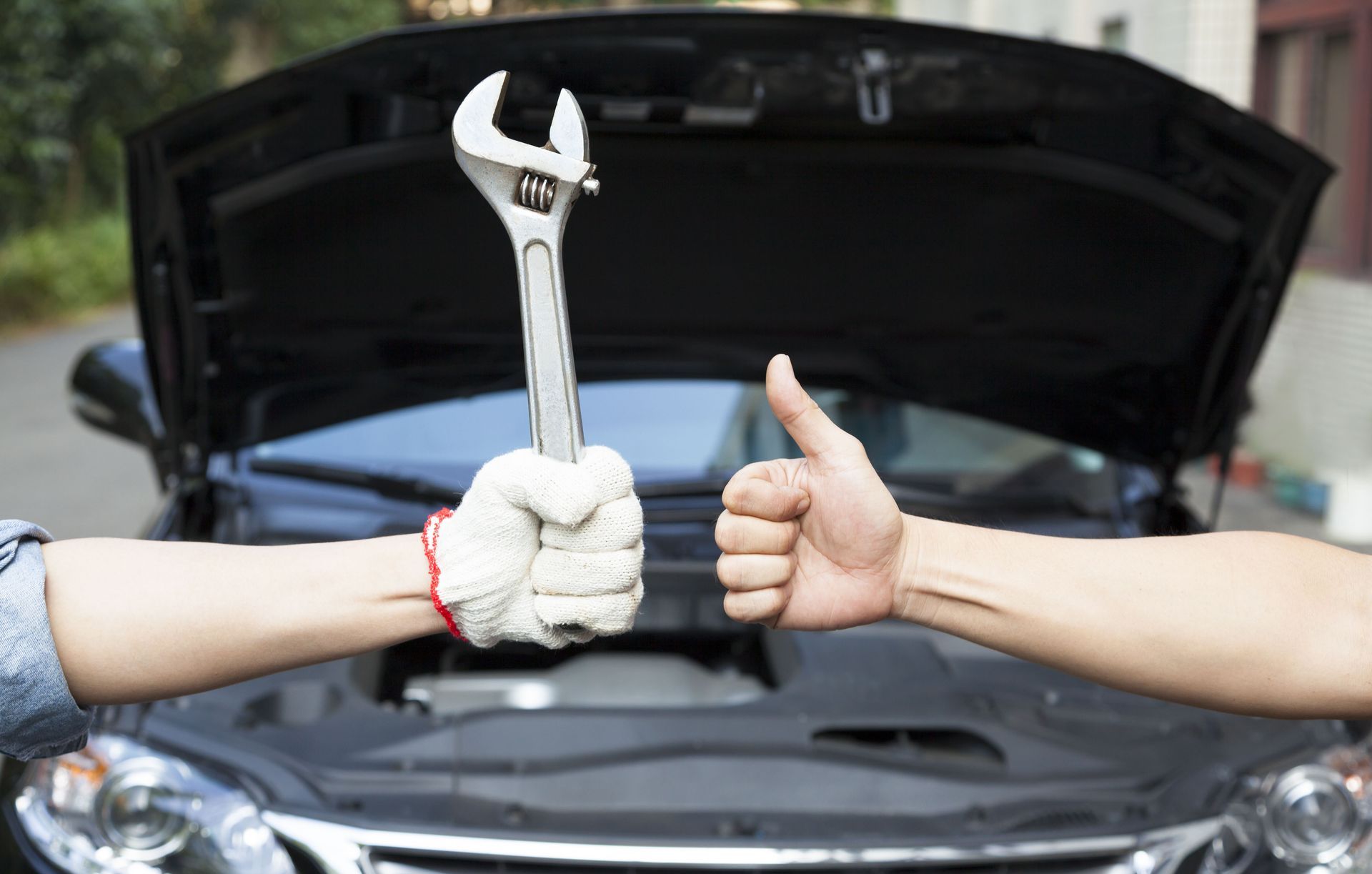
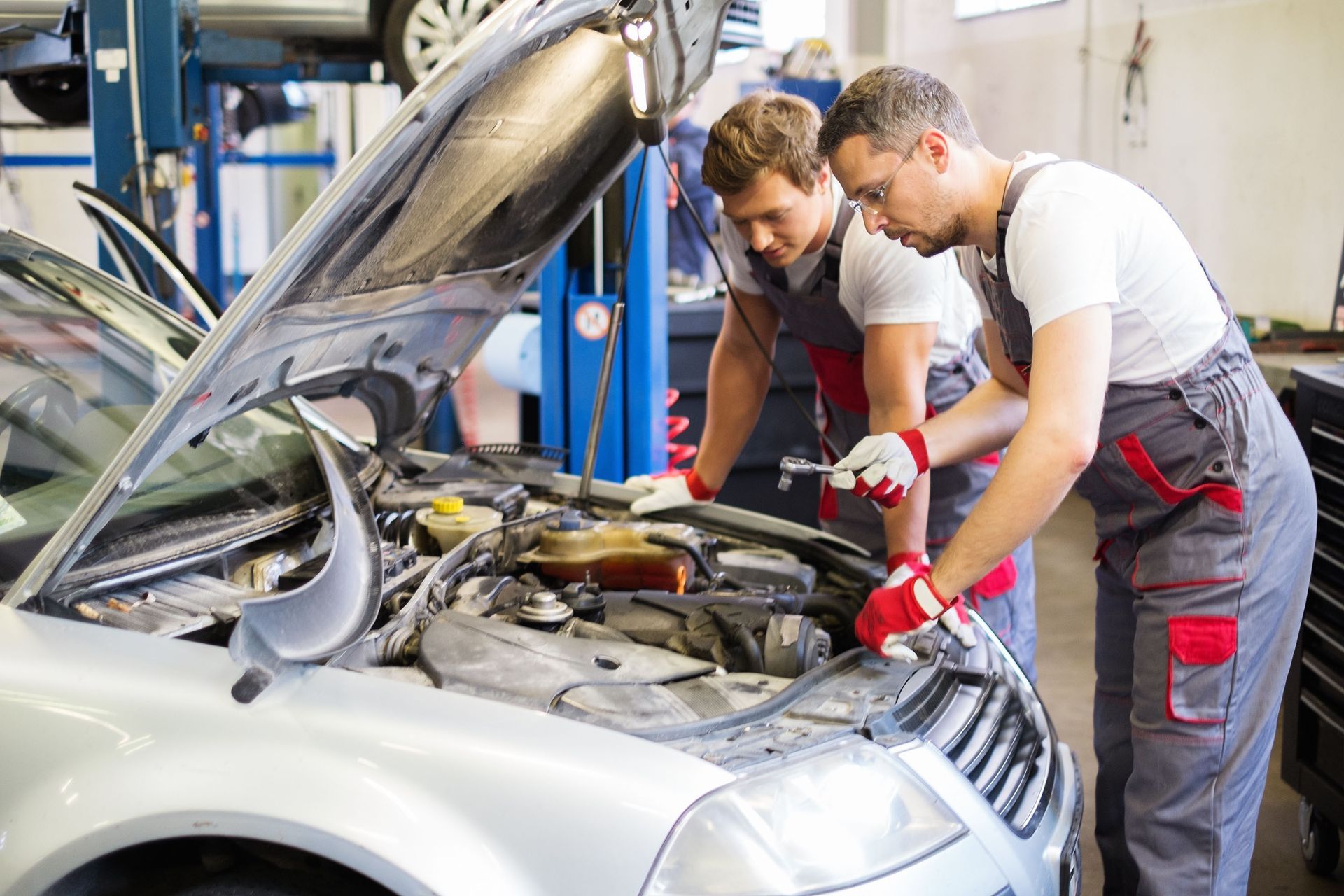
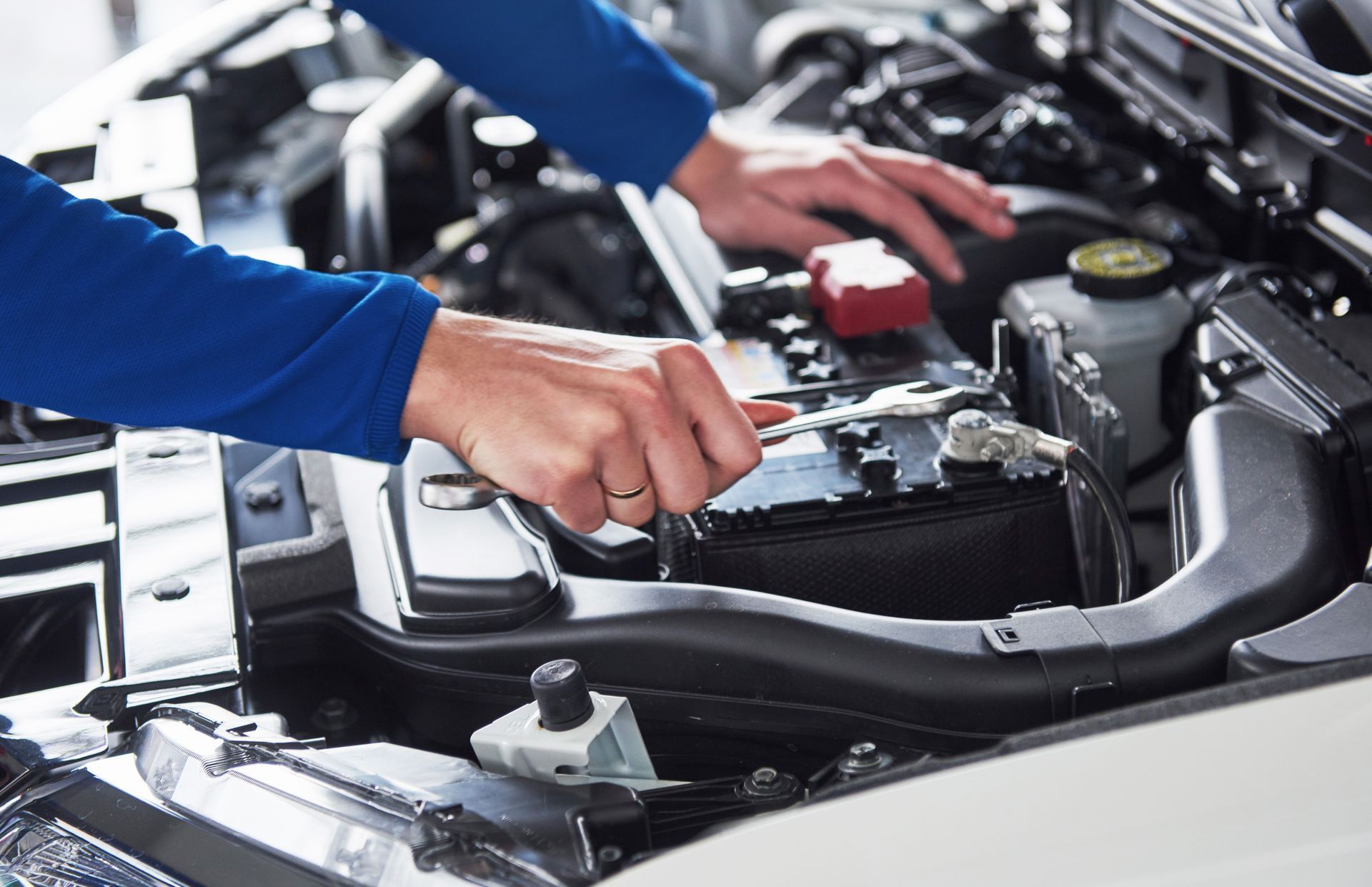
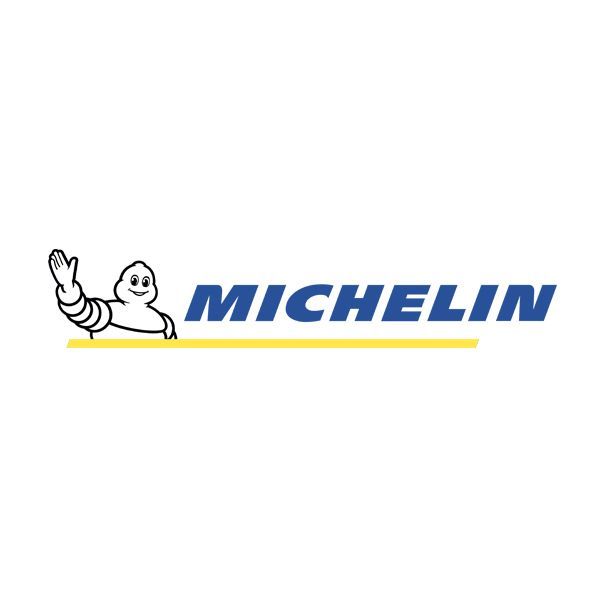











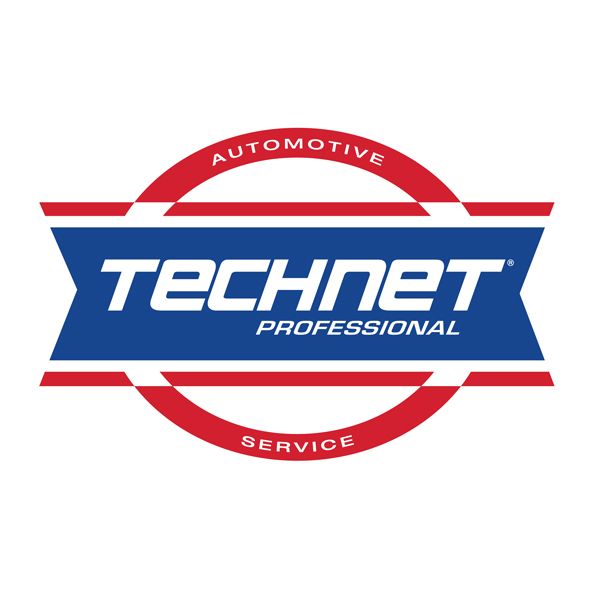
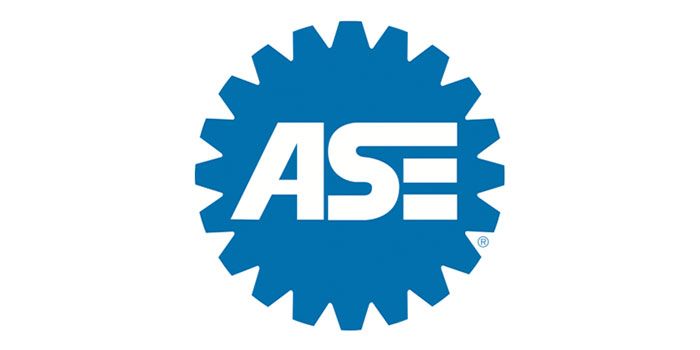
Share On: